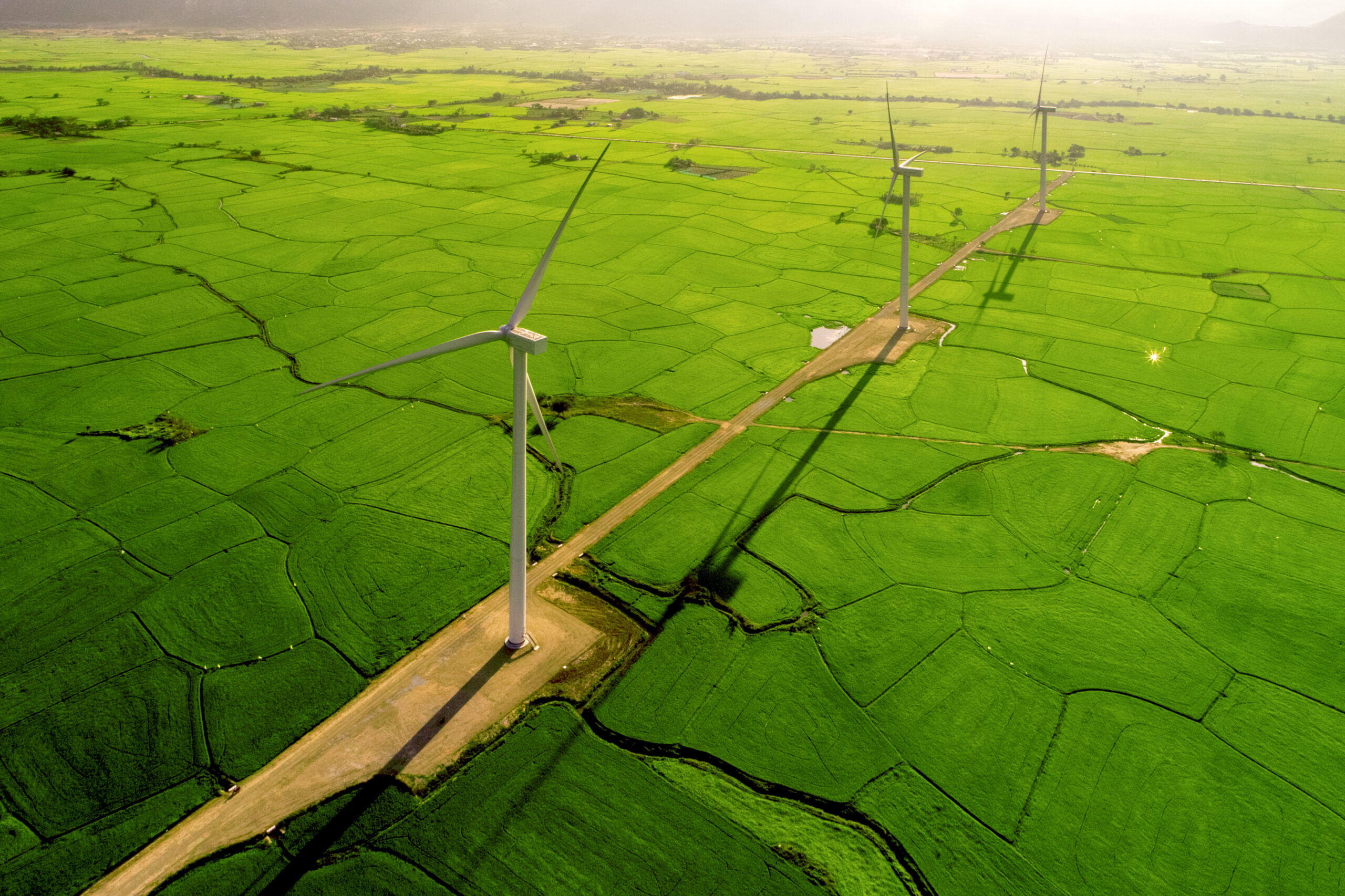Positive versus neutral
By creating real changes to prevent a climate crisis, we must go beyond the concept of Earth neutrality and take another step towards actions that will strengthen our planet.
Following the shock of the Russian invasion of Ukraine, it was easy to overlook the third part of the Intergovernmental Panel on Climate Change (IPCC) report. It was published four days after the first Russian rocket attacks, when the war dramatically made us aware of our dependence on oil and gas and its disastrous geopolitical implications.
Against itself, Europe is financing Russia, just as we destroy natural ecosystems to our own detriment, thinking that we cannot harm them. Every choice we make is a compromise – refueling a car, eating meat, buying clothes, because we forget that all of this has destructive consequences for the future of our planet.
The message of the report is simple – cutting greenhouse gas emissions is not enough to keep the global warming in check. So far, efforts to build a sustainable world have failed, as evidenced by the conclusions of the UN climate conference – COP26, which took place last autumn in Glasgow. Participants in this committee concluded that the goal of sustainable development of the planet is at hand, as illustrated by the slogans “Now or never” or “Last Climate Alert”. IPCC Chief Hoesung Lee summed it up by saying: “We are at a crossroads. The decisions we make today can ensure a bearable future for us. We have the tools and know-how to do this.”
It is worth noting that the goal of sustainability has a serious drawback. It is based on the unrealistic expectation that it is enough to limit production and consumption to heal the planet. However, people are themselves, it is in their nature to strive for development. We may postulate that they reduce their needs, but this is not a realistic strategy. The sustainability myth prevents real and meaningful change from being achieved because it proposes an impossible standard of behavior and, worse, builds a false opposition between economics and ecology.
The vision of a better future means that the effects of what we do must be measurable, and the goal we set for ourselves should be more ambitious than sustainable development. Thanks to scientific advances, we can use big data, which enables the visualization of complex systems and the creation of scenarios. For example, Sweep resources help companies understand the carbon footprint of their operations, and Sourceful enables them to understand supply chains. Already today, companies can have the opportunity to better assess the changes they make.
Supporters of sustainable development often see business as a destructive force. This is a mistake. The direction expressed by the slogan of the Pangaia clothing brand: “Positive Earth”, assuming that companies, like living organisms, can play a beneficial role in the environment in which they live, is much better.
Pangaia draws inspiration from nature to create clothes from seaweed, food waste and flowers; produces dyes from bacteria and its packaging is compostable.
Aleph Farms and Fork & Goode, produce cell-grown meat that is biologically the same and, in addition, as tasty as that from animals. Bowery grows vegetables in greenhouses close to points of sale, without taking up agricultural land and avoiding a long supply chain.
These companies focus on values by caring for the future of the planet, not telling customers that they must change their behavior, avoiding simplified rhetoric such as: ecology versus zero-sum economics. Instead of equating economic success with a climate catastrophe, they show what is innovation and growth that is not only not neutral for the Earth but can have a positive impact on it.
Sustainable development has become a business imperative, but most of the strategies related to it concern reduction, compensation or minimization of harmful impact on the environment. Truly creative brands are committed to positive action for the planet, subordinating the entire product life cycle – from sourcing, production and distribution to use and re-use, bearing in mind that each stage is important.
Sustainable development demands are usually based on guilt, duty and sacrifice, reduced quality, higher prices, and other inconveniences. Being positive about saving the Earth is about delivering better solutions without expecting people to pay for the privilege. Every business that does this, challenges others to move from sustainability to truly positive performance.
Based on the article “Sustainability Is Not Enough: Moving from Earth-Neutral to Earth-Positive “, Nick Barham, partner of FNDR – a consulting company based in Venice, CA


